In the old days, she often carried water to fill a pair of large earthenware jars under the areca tree. The river has been long and fierce, the water is clear in the dry season, and shimmering with alluvium in the flood season. Her childhood, and later her children, followed their mother to the riverbank, running barefoot on the alluvial land covered with wild grass, following the herd of buffalo leisurely grazing, listening to the rhythm of the oars splashing fish on the bamboo boat. At that time, the riverbank was always bustling, people carrying water, washing clothes, washing potatoes, washing vegetables... children bathing. Now the earthenware jars are just for decoration, tap water has come to the house, and the ferry trips are gradually disappearing.
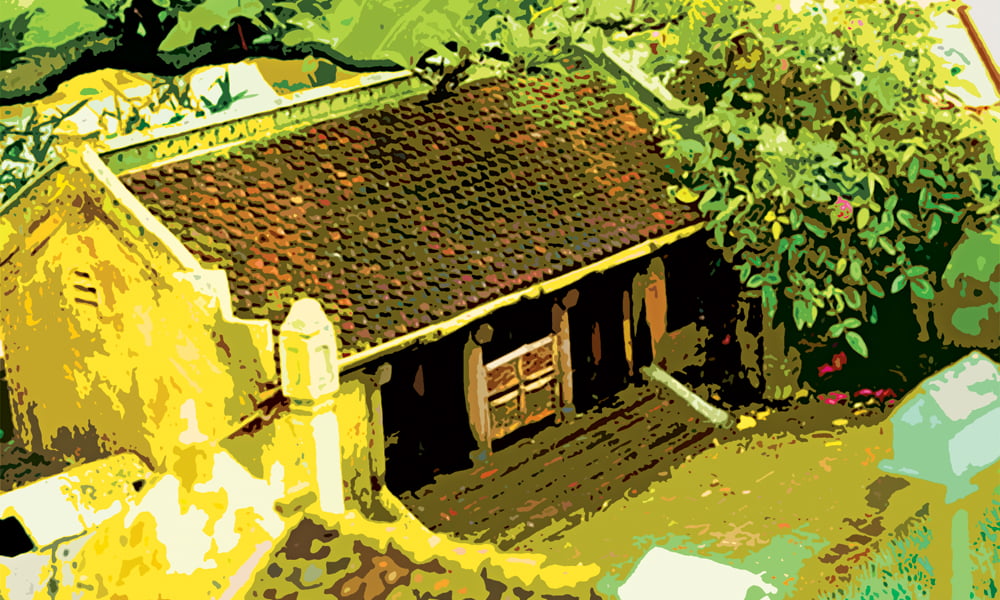 |
Illustration. China |
The ancient house was built during the time of her husband's grandfather. The famous craftsmen of Luc Ngan region lived there for half a year, building and chiseling. Villagers recounted that many years before, thanks to trading back and forth, the old man spent a lot of effort and wealth to buy each piece of precious ironwood, each brick baked by hand, carefully observing each carving. Over hundreds of years, each moss stain, each crack bears the mark of family life. The older he gets, the more colorful and fragrant many items from horizontal lacquered boards, wooden doors, and mahogany beds become, shiny and fragrant as if they were soaked in incense. But now, his children and grandchildren all want to tear it down to build a new house, taller, brighter, and more comfortable.
* * *
The family meeting took place right in the middle of the brick yard, under an old grapefruit tree that was blooming with white flowers, falling here and there. The spring wind carried the scent of incense from the altar. "The house is old, the walls are soaked with water, the roof leaks before it rains, why are you regretting it?" - Minh Phuc, Mrs. Cay's eldest son, spoke firmly. "Mom! Who is still living like that? Our family has the means, let's build a new house so that our grandchildren can come back to the countryside and live there more conveniently" - Cuong, the youngest son in the family added.
| In the flower season, the whole Luc Ngan region seems to be wearing a pure, fragrant coat. Mrs. Cay happily lit the stove, boiled another pot of water with grapefruit leaves and lemon flowers for her daughter-in-law to wash her hair. She whispered, old age is like a ripe banana, but as long as the old family traditions are still preserved, there will always be echoes of laughter and footsteps returning to the roots. |
She did not reply in a hurry, her eyes absentmindedly looking at the row of ironwood pillars and then up at the tiled roof where bats had just landed. The lychee had not yet entered flowering season, but the bats were already fluttering back as if urging her. She sighed softly, her voice nasal: “You may find it old, but to me it is the root, the old tradition. For generations, from the time of your late grandfather until I became a daughter-in-law, gave birth to you, and then your father passed away, I single-handedly took care of the house. Now to destroy it… is no different from throwing away a whole life!” The atmosphere was gloomy.
All her children and grandchildren know that Mrs. Cay loves her home, and the memories are filled with tears. The older she gets, the heavier her heart becomes. “But Mom! After all, a house is just a material thing, it cannot be kept forever,” the eldest son said softly. “Just rebuilding it doesn’t mean you can keep the past. When my late grandfather built the house, every brick, every beam, every door was made with the hands of the ancients, expressing their love.” Outside, the Thuong River still flows. In the yard, grapefruit flowers spread fragrantly in the air, swaying in the drizzle.
Suddenly, a gentle but determined voice rang out, dispelling the heavy atmosphere: “I think… the old family traditions must be preserved, somehow our family will figure it out together”. All eyes turned to Nhung, Cuong’s wife, the youngest daughter-in-law living in the city. Cuong was stunned, surprised and asked his wife: “What did you say? Normally, you don’t care about these things?” Nhung poured more tea, slowly saying: “It’s true that I didn’t pay attention before. But now, after so many Tets, death anniversaries, and meals here, I suddenly realized that memories bring us warmth”.
Mrs. Cay looked at her daughter-in-law, her cloudy eyes shining with hope. “Does the whole family remember the first time you came to meet our parents? It was very cold that day. In the kitchen, my mother was stirring the fire, cooking banh chung, the smoke stung my eyes. There were so many stories about my parents and brothers that I could forget, but everyone told me everything about the house, from the pillars to the carvings. The meal waiting for Tet was all about the old days, the time of my great-grandfather. And it was all word of mouth, no one witnessed it, but it was vivid and touching. So it turns out that a house is not just a place to live, but a place to preserve and pass on memories.”
* * *
The day Nhung became a daughter-in-law, the whole family looked at the girl with a slim waist, smooth white skin, and a somewhat shy appearance, and everyone secretly thought: "Maybe she will get used to the poor countryside lifestyle". Mrs. Cay also had some problems with her daughter-in-law. It was not because she hated her, but simply because she was used to a simple, capable daughter-in-law who knew how to light a wood stove, sweep the yard, and clean the garden like Minh Phuc's wife, not a weak, clumsy girl who did not dare to wash her face with river water. On the first day of being a daughter-in-law, Nhung was reminded by her mother-in-law that she accidentally broke some delicate bowls while washing the dishes. The very next day, she frowned when she saw her struggling to light the stove and not finishing.
“There’s no gas stove in the countryside, my dear! To make the fire catch, you have to stack the firewood like this,” she explained as she quickly lit the fire. Nhung bit her lip, feeling a little sad. Every time she returned to her husband’s hometown, she still felt lost among the nimble, resourceful women. She also had a hard time getting used to that somewhat complicated, strange lifestyle. In the city, everything was quick and neat. Every morning, after the rooster crowed, people from all over the house and the neighborhood hurried to the riverbank or the early market.
But then, after a few years of returning to her husband's hometown to celebrate Tet, on a spring afternoon sitting by the window sill watching the sunlight spread golden on the old tiled roof, she gradually realized the slow, leisurely routine of the countryside filled with love and depth. Whispering stories told by her mother-in-law on the porch, gatherings around the fire, the winding village road leading to the riverbank, all created a different rhythm of life that the city where she was born and raised did not have. Watching the barefoot children running around the yard, she suddenly remembered her distant childhood, remembering the childhood when she also played happily in her grandmother's yard, but when she grew up, she only knew asphalt roads, high-rise buildings, and that whole sky of memories gradually faded away and was forgotten.
Every year when the lychee ripens, Nhung brings her children back. The whole family sweats and goes to the garden to pick the fruit. During the years when Mrs. Cay was seriously ill, before she could ask relatives to help her harvest, she saw her daughter-in-law hurrying home. She was speechless. It turned out that her youngest daughter-in-law had always felt the rustic love of her hometown. She felt more sympathetic, seeing that although her daughter-in-law was clumsy, she was not afraid of work, still staying up late and waking up early to help prepare the food for the ancestral altar, still attentively listening to her tell old stories, all of which had no beginning or end until midnight. But perhaps, she would not have truly understood her daughter-in-law if there had not been a debate about demolishing the house. She used to think that Nhung would naturally agree with building a new house. Now her heart suddenly warmed, like the fragrant betel nut that was permeating every breath.
* * *
“Auntie, I understand, nostalgia is good, but we still have to consider reality. Our house is too degraded now!”, the eldest brother said hesitantly. Nhung gently replied: “If the roof is broken, we will replace it, if the wall is leaking, we will fix it with materials, there is no shortage of them now! As for rotten wood, we will restore it. In the city, there are many people who spend a lot of money to buy back old houses, to preserve the old spirit”. Mrs. Cay looked at her children, smiling with a mixture of joy and relief: “That’s right! Keeping it is not only for the memories, but also for the value of the present, my children”. Minh Phuc scratched his head, looked at his younger brother and his wife, then turned to his mother: “So… let’s fix it, Mom?”, Cuong also nodded: “It’s okay to fix it, but it has to be more solid and sustainable”.
* * *
At noon in March, the gentle sunlight spread across the yard. Cu Tun, Cuong and Nhung's son, ran around, holding a feather duster in his hand, chasing after a flock of yellow butterflies. Across the yard, little Sparrow and little Sau from Minh Phuc's family were playing hopscotch. Handfuls of pebbles picked up from the riverbank were neatly arranged in squares drawn in white chalk. Tiny hands picked up a handful of pebbles, dropped them into each square, and counted: "One... two... three... four... It's my turn!" The children blinked, then bent down to pick up pebbles again, their cheeks flushed in the sunlight, and their giggles rang out. Cu Tun was tired of chasing butterflies, so he ran to the areca tree, where two jars had been scrubbed clean and filled with water. He happily scooped up a ladle of clear water and threw it into the air, laughing happily.
Looking at the grandchildren running around, Mrs. Cay felt a vague emotion. The children were as innocent as her children in the past. Back then, Minh Phuc and Cuong also ran on the brick yard, hopped on the roof, played marbles, then fell asleep under the canopy of flowering lychees, humming with bees looking for honey. Memories were like the green moss covering the tiled roof, like the pungent scent of alluvium after each rainy season, given to the banks and fields.
Today, the day of house repair, all her children and grandchildren came back. The house was still the same, there were workers but still some holding hammers, some carrying brooms, children bustling around, bustling as if there was a festival. Cu Tun had red cheeks, holding a bucket of mortar in his hand, stopping every now and then to use his feet to rub the broken bricks, laughing loudly. Little Sparrow and Little Sau saw that there was something happy at home, asked to wear red shirts, braid their hair, tried to pull their grandmother's old rattan chair to the corner of the yard, while pulling, inviting: "Grandma, sit here and watch us build a new house". Grandma Cay smiled gently, her eyes were far away as if reaching back to the old days.
In the corner of the yard, the eldest daughter-in-law and the youngest daughter-in-law were diligently wiping each old horizontal lacquered board. Also with sleeves, hair neatly tied up, sweaty faces but fresh and elegant. Nhung quietly touched each faded gilded red lacquered letter, her eyes filled with emotion. “Mom! In the past, whenever there was an event in the house, where did your great-grandfather, grandfather, and father usually sit, Mom?”, she asked, her voice as gentle as the wind. Mrs. Cay turned around, kindly: “On that step. Every afternoon, the men in the house looked out at the lychee garden, waiting for the riverbank.”
The afternoon sun gradually spread over the yard, dyeing it a sweet honey color. The lychee trees swayed with clusters of early blooming flowers, dreamily scattering all over the ground. In the flower season, the whole Luc Ngan region seemed to be wearing a pure, fragrant coat. The scent of flowers seeped into every corner of each house and alley. Mrs. Cay happily lit the stove again, boiling another pot of grapefruit leaf and lemon flower water for her daughter-in-law to wash her hair. She whispered, old age is like a ripe banana tree, but as long as the old family traditions are still preserved, there will always be echoes of laughter and footsteps returning to the roots.
Source: https://baobacgiang.vn/nep-xua-postid416548.bbg


![[Photo] Air Force diligently practices for the April 30th celebration](https://vstatic.vietnam.vn/vietnam/resource/IMAGE/2025/4/22/b29d1376169e409db507351c9c46f6e7)
![[Photo] General Secretary To Lam visits and works with the Armored Corps](https://vstatic.vietnam.vn/vietnam/resource/IMAGE/2025/4/22/508e23e207bf4cca9b985e68aec3b922)
![[Photo] Conference of the Standing Committee of the National Assembly Party Committee with the Standing Committee of the Government Party Committee on the 9th Session, 15th National Assembly](https://vstatic.vietnam.vn/vietnam/resource/IMAGE/2025/4/22/8de6c963df734cd3be2d59ddd5814209)
![[Photo] Overview of the Workshop on Supporting Economic Growth - Perspective from Enterprises Subject to Special Consumption Tax](https://vstatic.vietnam.vn/vietnam/resource/IMAGE/2025/4/22/fbb8a54cfdea4cc5a20943d339e507d1)
![[Photo] Prime Minister Pham Minh Chinh chairs a meeting of the Government Standing Committee on trade issues with the United States.](https://vstatic.vietnam.vn/vietnam/resource/IMAGE/2025/4/22/04b4e90912e34660930620e19c16203d)
![[Photo] General Secretary To Lam had a phone call with Chairman of the African National Congress and President of South Africa Cyril Ramaphosa](https://vstatic.vietnam.vn/vietnam/resource/IMAGE/2025/4/22/b23970821c074eff87625cf8f0872251)

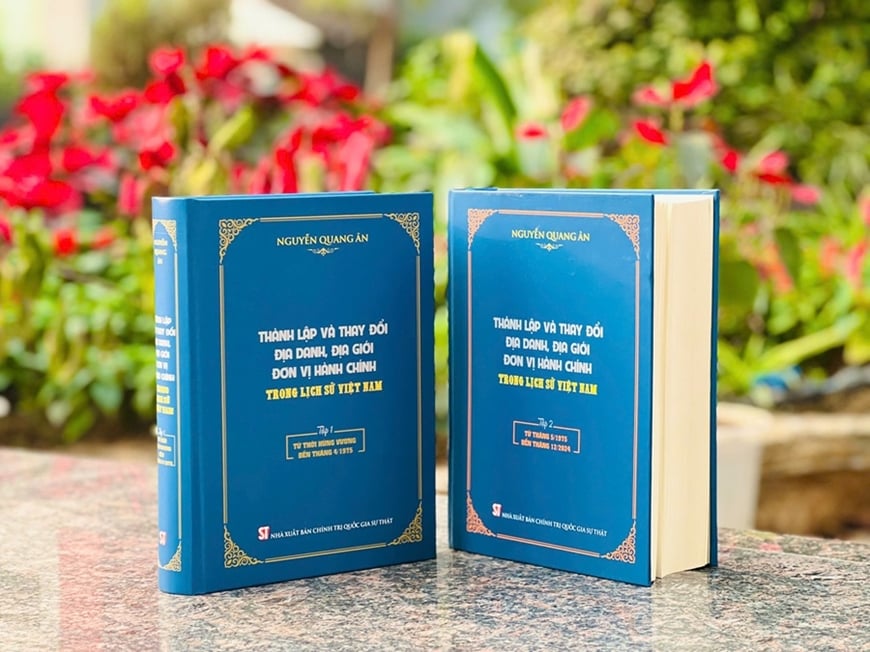












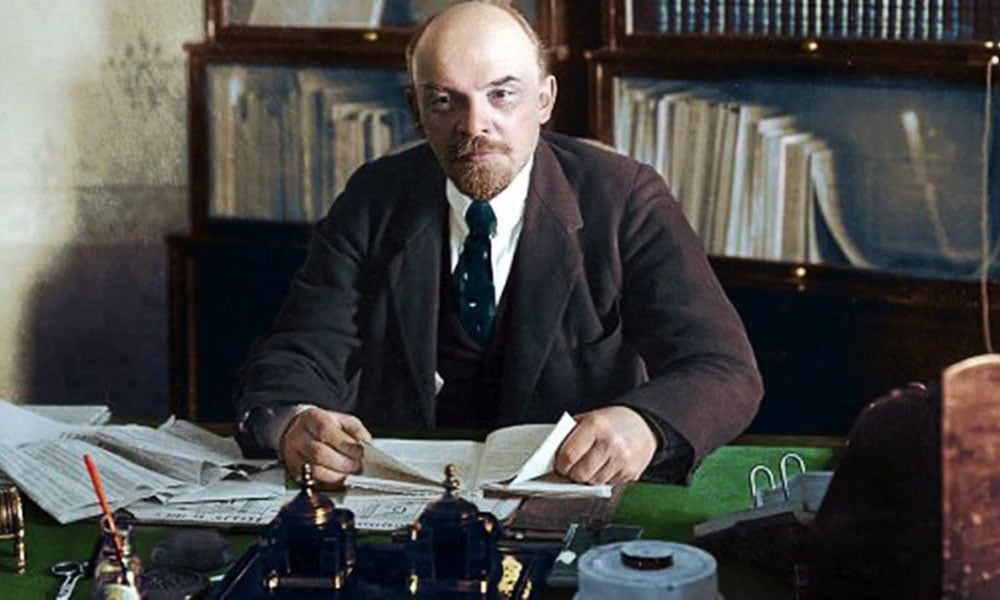





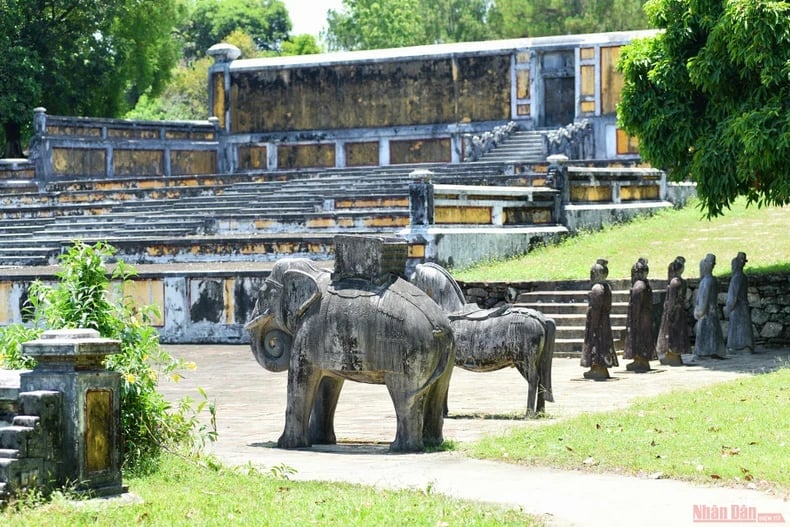

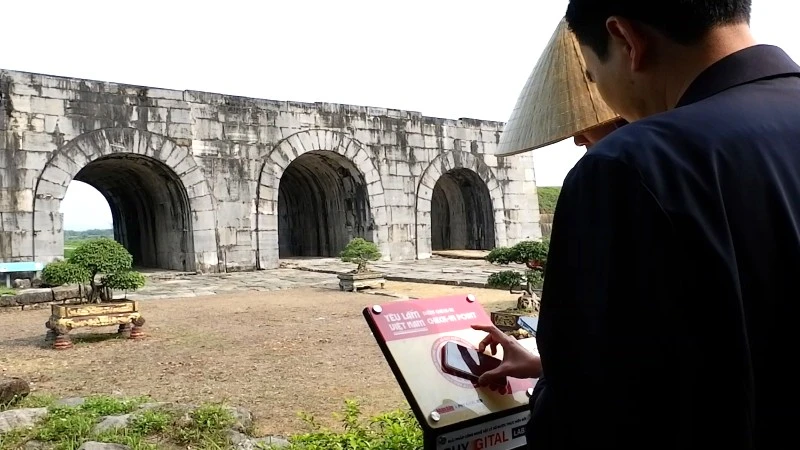

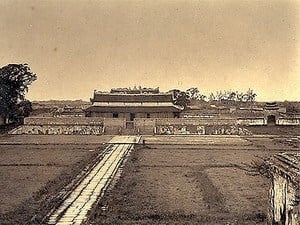




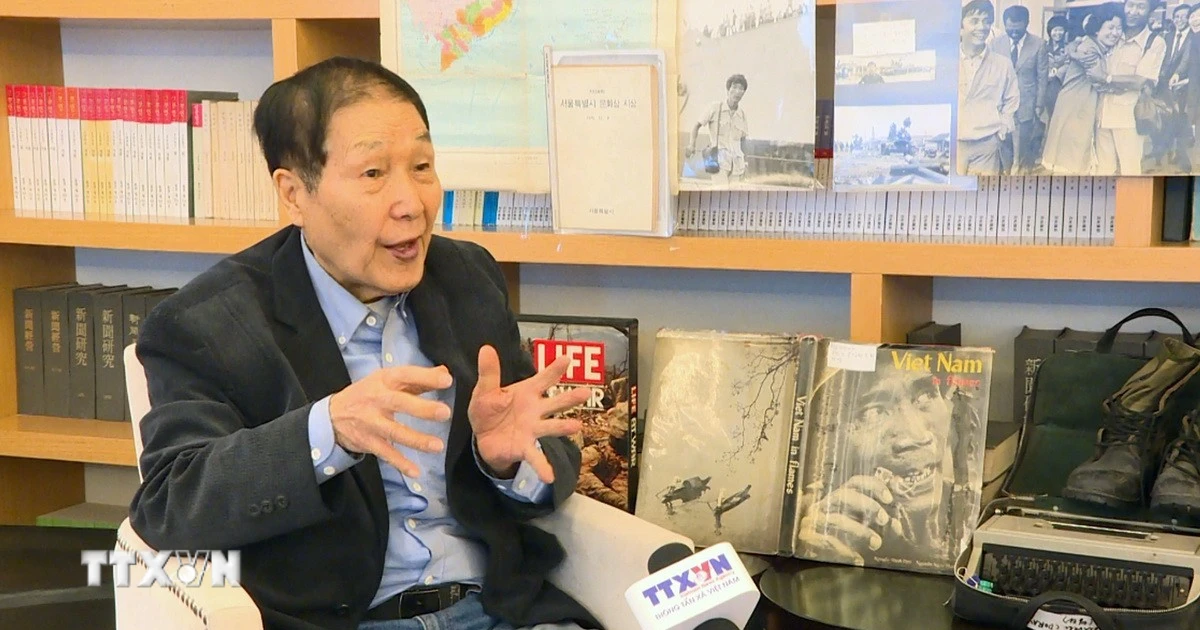

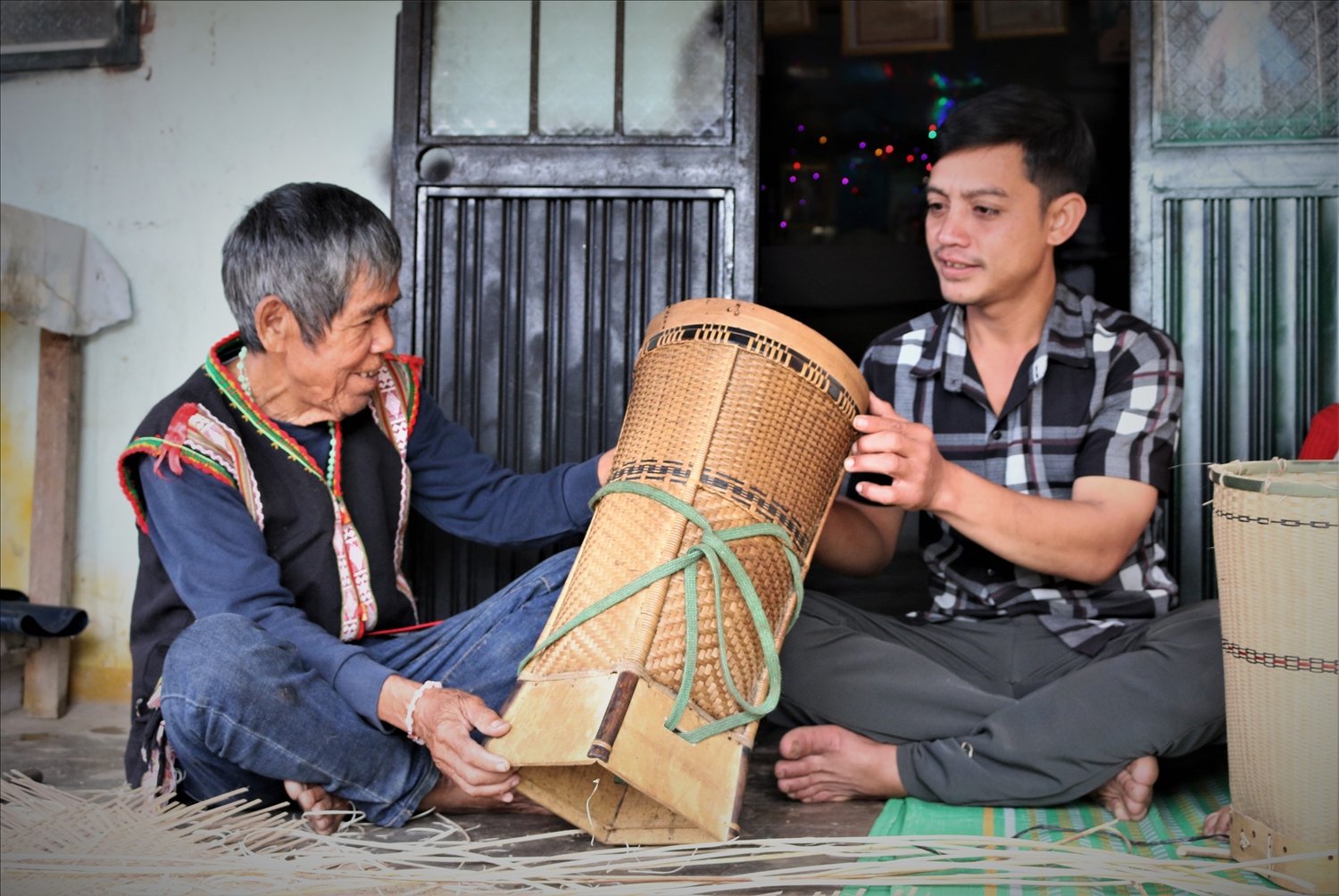
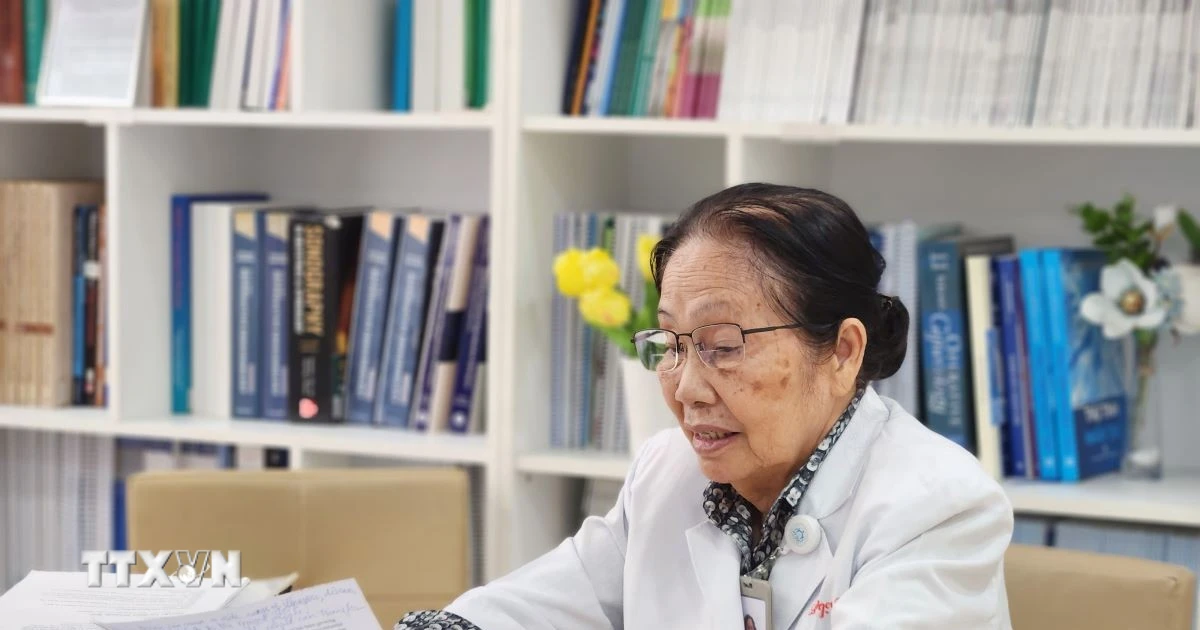




















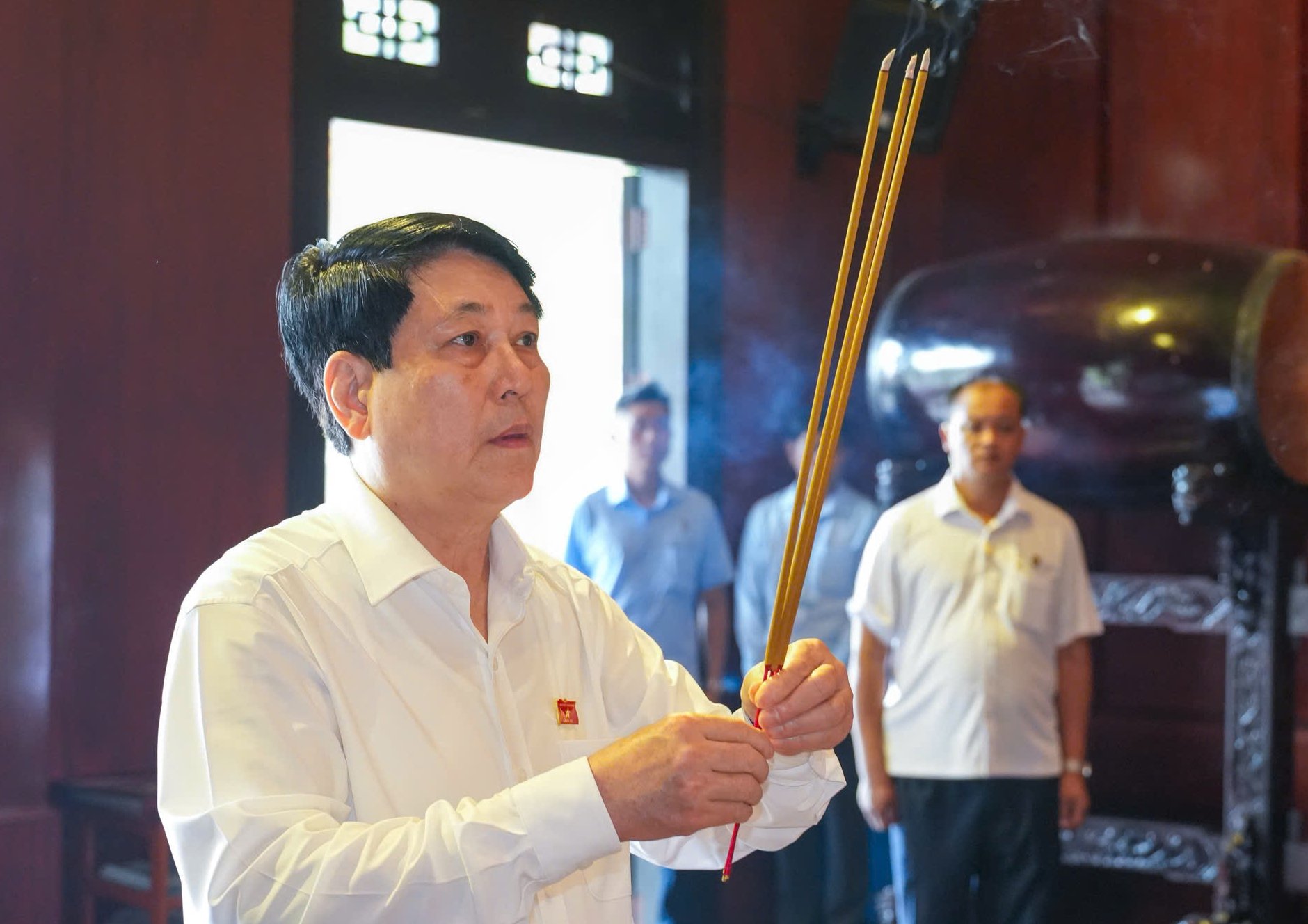

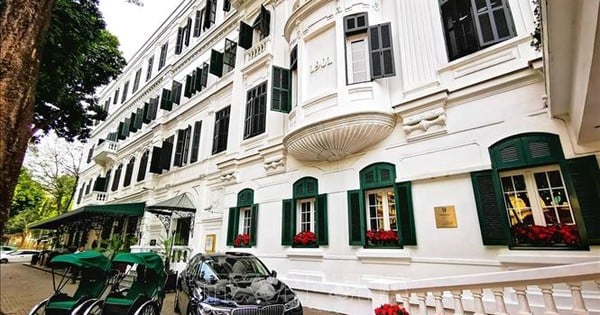













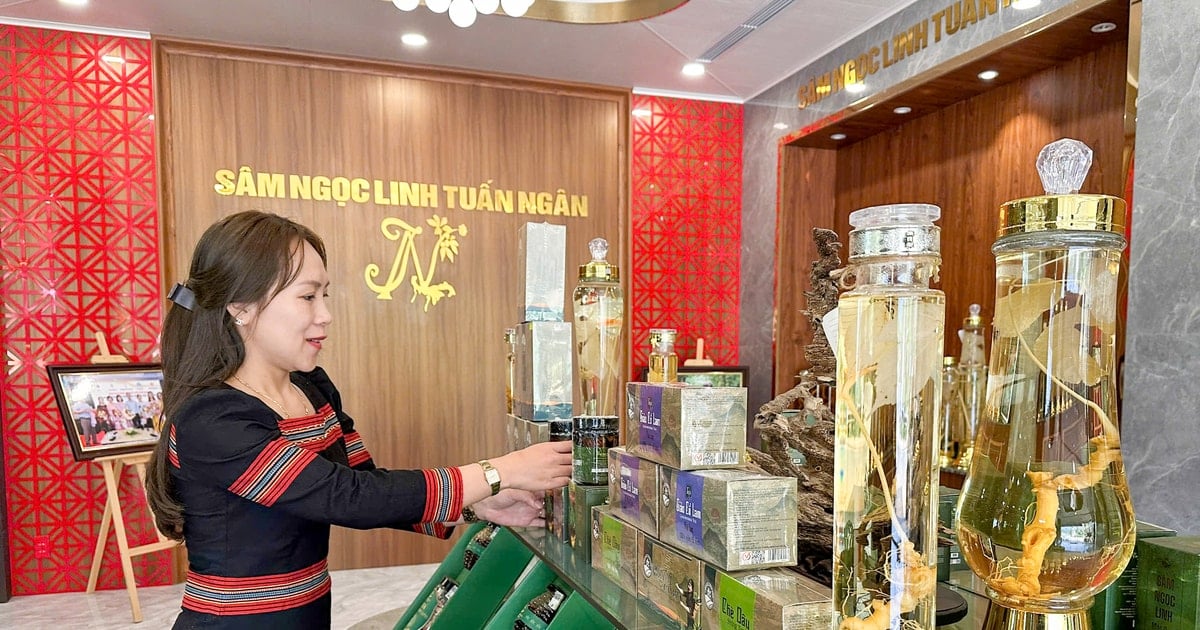


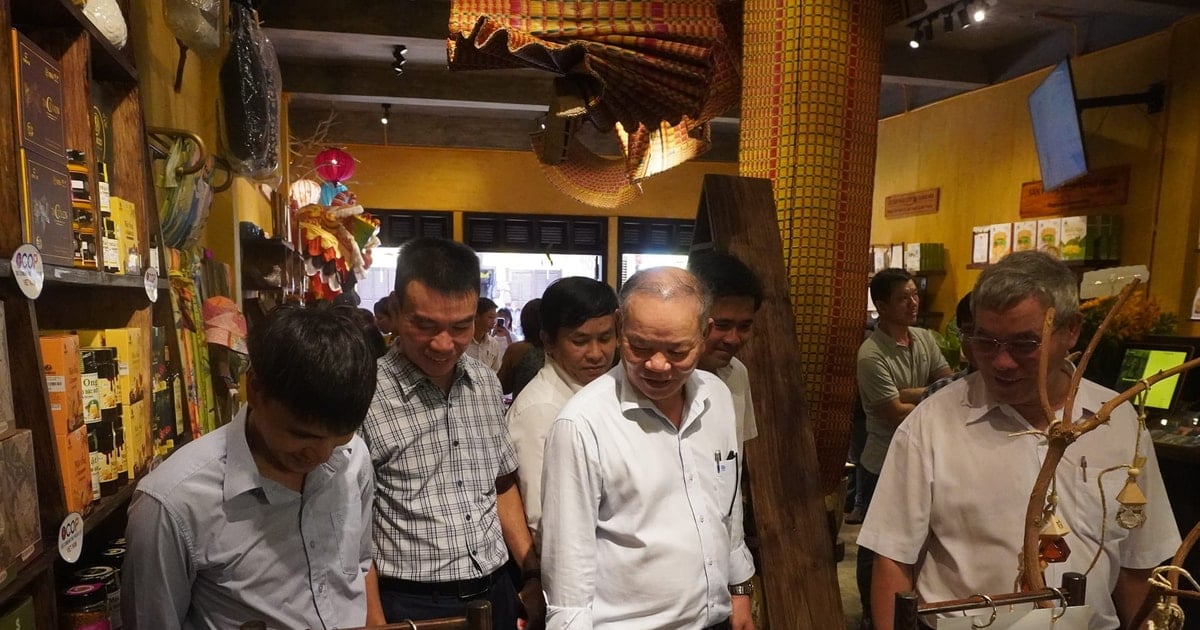
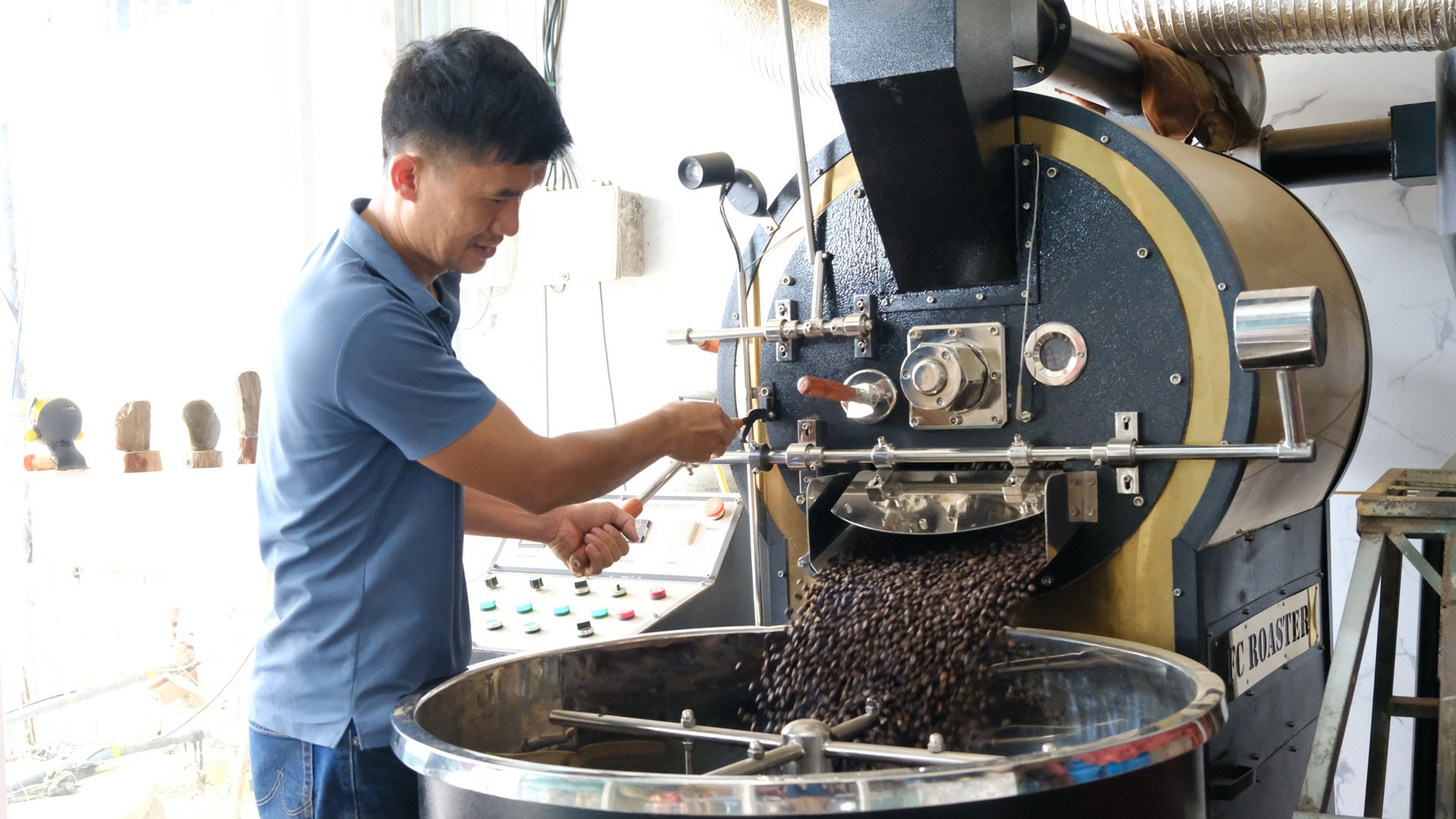



Comment (0)